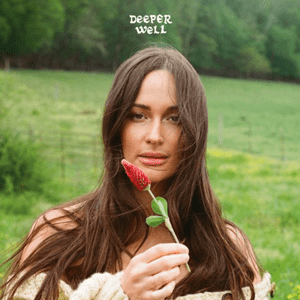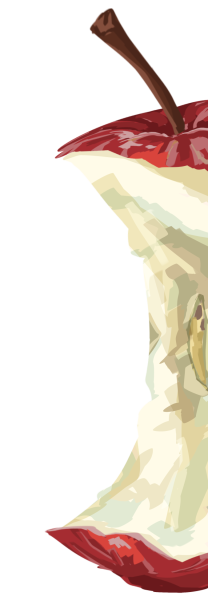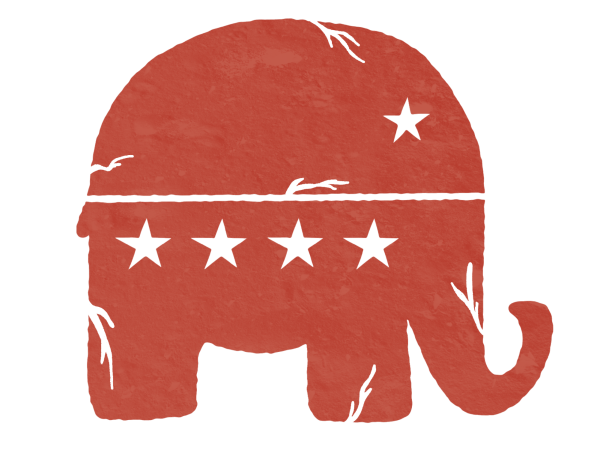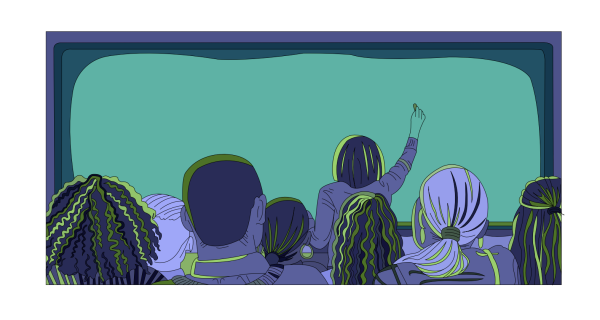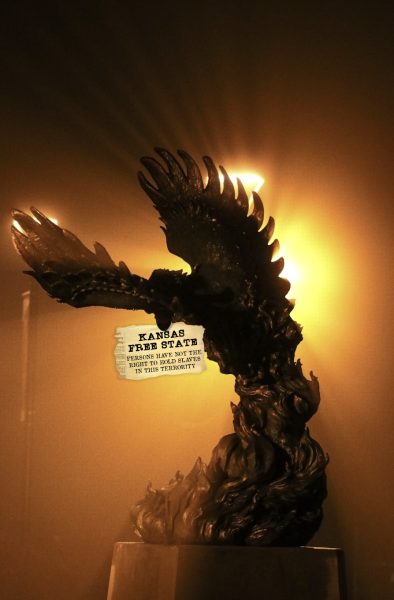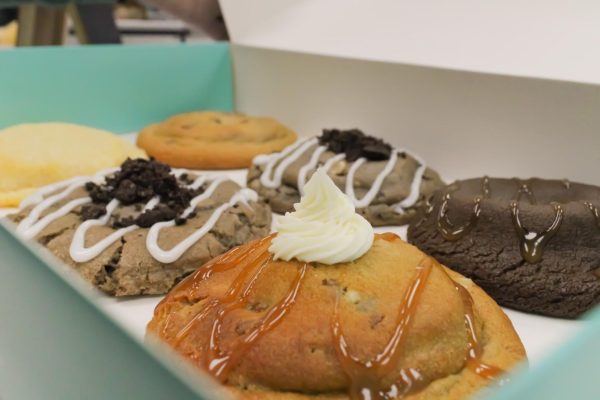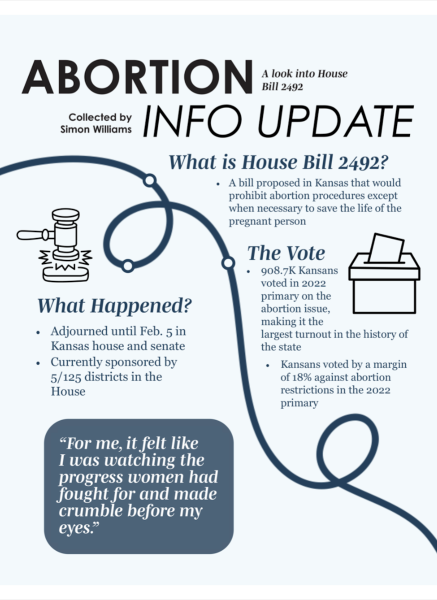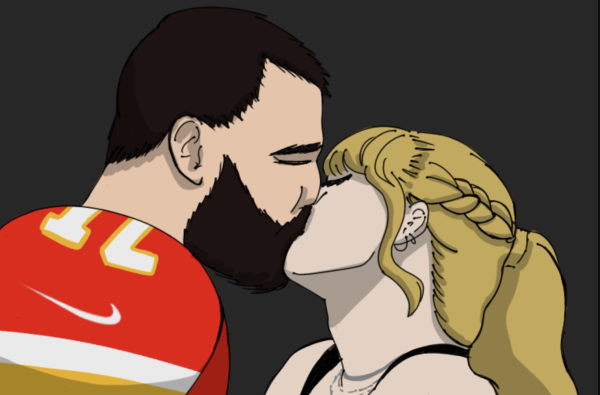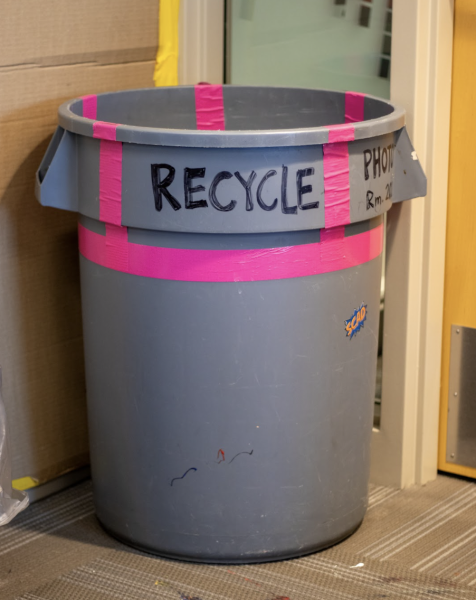Editor recounts bittersweet acquaintance
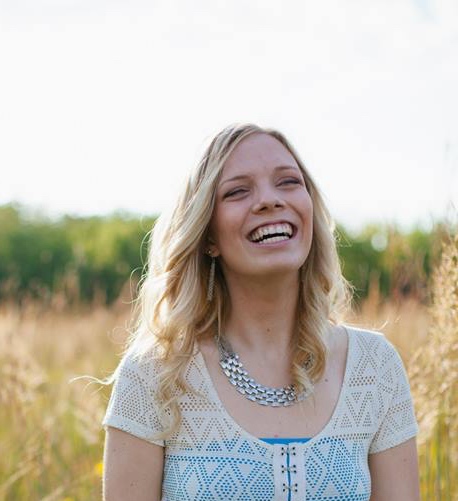
The young woman lays down a couple crumpled dollar bills and two quarters for her snow cone. It’s the first time she’s actually paid for anything here. A smile crosses her face. “I get to see my kids, now,” she says. “They found out about me, and now I have a house and I get to see my kids.” I don’t know who “they” are. Probably the Department of Children’s Services, but I don’t want to ask.
If you spend enough time on the sidewalk along Massachusetts, you become acquainted with a certain crowd—people selling nothing, yet at times getting paid better than if they were. I’ve sold shaved ice at “IceBreak Lawrence” for three summers. It’s essentially a gussied-up lemonade stand with a faded rainbow umbrella and a couple rickety kitchen stools.
There I hang out amid the panhandlers, all eager for spare change or a cigarette. Maybe my heart was too soft or maybe I just wasn’t gutsy enough to ask them to go away, but over the course of each summer I spent stuck to my frozen post, I heard their lives and stories and lived alongside them.
I never learned the woman’s name, but her face remains clear in my memory. I was 12 when we first met, walking with my grandma down Mass. The young woman had a baby with her then, crying. She held one of those signs: “Anything helps! God Bless!” Her mild mental disability seemed fairly apparent. She said she had other kids, but they didn’t live with her anymore. She didn’t say why.
At 14, I started my first summer running the ice stand in front of the Antique Mall, right next to the tiny, decrepit carousel that seems to make more money than the stand itself, and maybe even the Antique Mall. One afternoon I saw the young woman again, this time without the child, holding a new sign with the same slogan. She hung close to a questionable guy, both smoking cigarettes. I was pretty sure he was taking advantage of her, but I didn’t know if it was my place to do anything or what I’d do if it was.
At the end of the summer, I wheeled the stand inside, went off to high school and forgot about her and the baby and the lost children.
We reopened the following May. A bird had built a nest above the carousel, and I watched its eggs hatch into hungry babies. I remember counting one fewer than usual and quietly mourning nature’s cruelty as I poured sugary flavor onto shredded ice.
As I tossed used Styrofoam bowls into the nearby trash, I saw her again, sitting on the sidewalk, her back against the Antique Mall, the missing baby bird cupped in her hand. And there she remained day after day, her children replaced with a bird nobody cared if she had. She fed it Jimmy John’s bread crumbs and cuddled it close to her breast.
By mid-June, however, it no longer needed her care, and perhaps in its wild bird way, it was coming to resent her affection and the bondage it required. I watched the bird learn to fly, its surrogate mother unwilling to let it go, trying to keep it close by waving the Jimmy John’s loaf and calling it back.
And then one day, like her other children, the bird wasn’t there anymore.
And every day hence, there followed a depressing succession of roly-polys, crickets and grasshoppers, each intended, I suspect, to make her feel less incredibly alone.
I offered her water and lemonade from the ice stand. She took it, but we didn’t really talk. She stayed in her own world, and I stayed in mine, a couple of yards apart.
I turned 16. The following summer, I didn’t see the young woman in May or June. New people took her spot against the wall—a guitarist who quit his job as a dishwasher. A veteran of some war. A balloon artist.
And then, mid-July, she reappeared, wearing new clothes and a new attitude. She thanked me for sitting there, being with her back then, and she bought a cherry-flavored snow cone and walked off. It was simple, but moving—knowing that I had been one of the few constants in her life over several years as I was growing up, and she was, perhaps, growing up, too.
I felt sad, and, at the same time, happy, as I let her go. She didn’t need a snow cone shop girl or a bird for company anymore. From some unknown place, she’d found her own company, and with it, a sense of stability I couldn’t have given or really even imagined for her.
I told myself I didn’t mind being left behind, and above the carousel, a bird added a twig to its new nest.


